
10 Ways and Reasons to Use Your Cultured Veggie Brine!
Veggie Brine
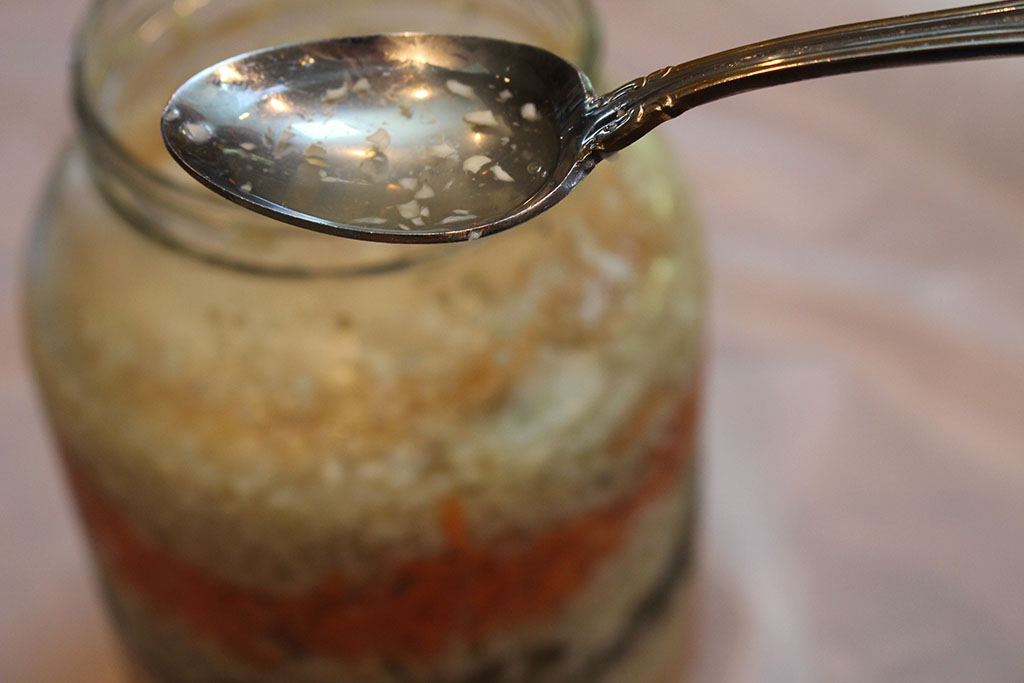
Cultured vegetables are super powerful, but so is the brine they create. The powerful bacteria in cultured vegetables called Lactobacillus plantarum (L. plantarum) is a powerful weapon against pathogens that can invade your body and try to make you their host. L. plantarum is a transient resident in your body, which means it’s not a permanent resident in your own body’s flora. They are temporary, but very important so eat them often!
Here are just a few of the powerful ways Lactobacillus plantarum bacteria can work for you.
Attacks pathogenic bacteria in our bodies:This special bacteria is extremely hardy, survives stomach acid with ease, and can make the full trip from your to mouth – to your intestines – to your colon - to colonize you in a powerful way. L. plantarum is a welcome guest that works mightily for you by fiercely attacking pathogenic (bad) bacteria in your body. It will strengthen your good bacteria by killing the bad guys, and then helps your own good bacteria grow stronger, and helps it to be more resistant to future invasions of pathogens. |
Help for IBS:A study was done on 40 IBS1 (Irritable Bowel Syndrome) patients who began taking the probiotic Lactobacillus plantarum. After 4 weeks, all patients treated with Lactobacillus plantarum reported resolution of their abdominal pain as compared to eleven patients from a placebo group. More studies are being done that are finding the same results and the quality of life in the patients is greatly improving. |
| Help for flatulence: In addition to helping with IBS, this bacteria in cultured veggies has been found to help with gas and flatulence. Sixty patients2 were given a placebo or Lactobacillus plantarum. The L. plantarum patients reported a large reduction in flatulence compared to the placebo group. |
| Resistant to most antibiotics: Studies have consistently shown that L. plantarum is resistant to most antibiotics.3 Since it's a transient bacteria, it's important to have it often so it will stay in the body, especially during antibiotic use. |
| Keeping foods safe: Scientists studying lactic acid fermentation in cultured vegetables, such as those made with Lactobacillus plantarum, have shown this to be one of the safest ways to preserve food.3 |
| Potential cholesterol-lowering activity: It also has potential cholesterol-lowering activity.4 Bacteria use cholesterol as a food source, thereby reducing cholesterol throughout the body. |
| Candida: L. plantarum is a powerful weapon in controlling Candida in the body. The more good bacteria you have, the less Candida can grow and multiply. It essentially suppresses Candida albicans (C. albicans) and leaves little room for it to grow and multiply. L. plantarum is able to attach to vaginal epithelial cells and significantly reduce the attachment of C. albicans.5 |
| Food poisoning: L. plantarum is pretty powerful and can even knock out food poisoning 6,7 (as I myself have witnessed). It has been studied and found to be successful in the inhibition of food poisoning and pathogenic bacteria, and it is being studied for use in improving the microbiological safety of foods. |
| Social anxiety: A study published in Psychiatry Research included 710 students taking introductory psychology courses at the College of William and Mary.8 They were given a questionnaire about how many fermented foods they ate on a regular basis and how much anxiety and social awkwardness they felt. In students with high degrees of anxiety, eating more fermented food was linked to fewer symptoms of stress and anxiety. Probiotics help to reduce inflammation throughout the body, and reducing inflammation in the gut is crucial to emotional wellbeing. |
| Removes pesticides: L. plantarum helps remove pesticides9 from non-organic vegetables. The L. plantarum bacterial strains studied from fermented vegetables in kimchi were found to be capable of degrading four different organophosphorous insecticides by using them as a source of carbon and phosphorous.10 |
I hope you will eat cultured veggies or at the very least the juice from these powerful foods. These invisible microbe helpers can change your life in so many ways, and just think - it only takes a spoonful. Keep them close, keep them in your fridge, let them live in you and do their job. You'll find you might need help from these veggies from time to time.
10 Ways To Use Your Veggie Brine
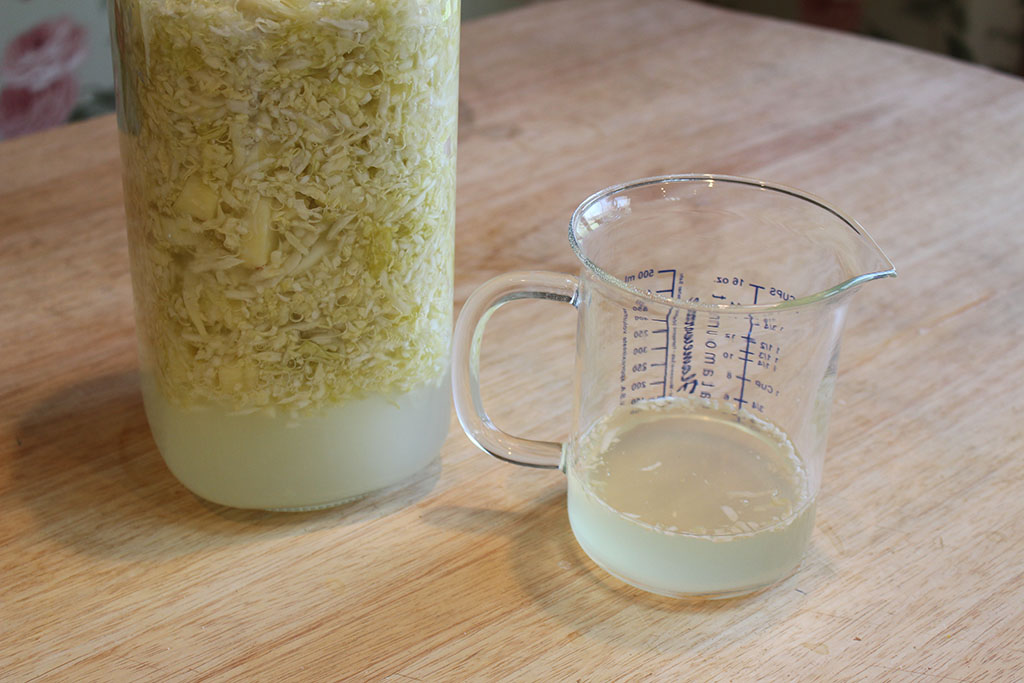
Reuse your brine to ferment a new batch of veggies!
We don't recommend this if you aren't using a starter. However, if you ARE using a veggie starter you can reuse your brine dozens of times!
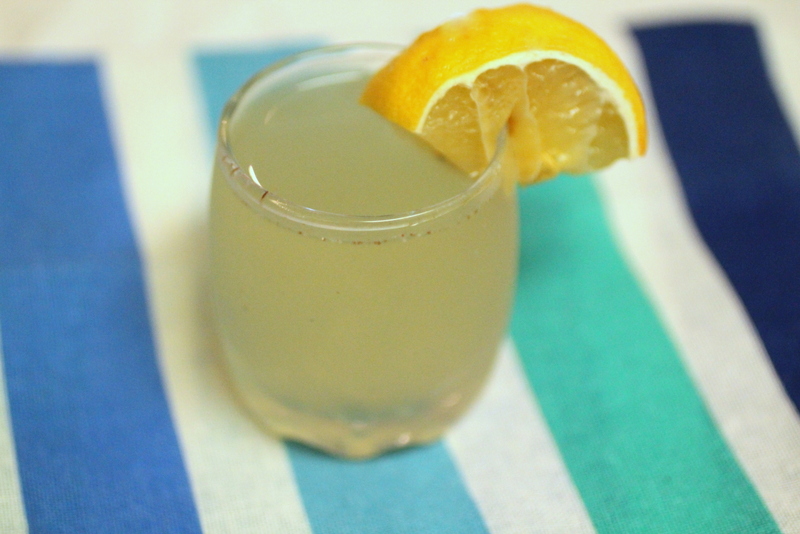
Shots! Shots!
Drinking a shot (or two) of Cultured Veggie juice is crazy good for you and just as good as the veggies themselves! You'll get billions of probiotics in every spoonful which can be as much as a whole bottle of probiotic supplements.
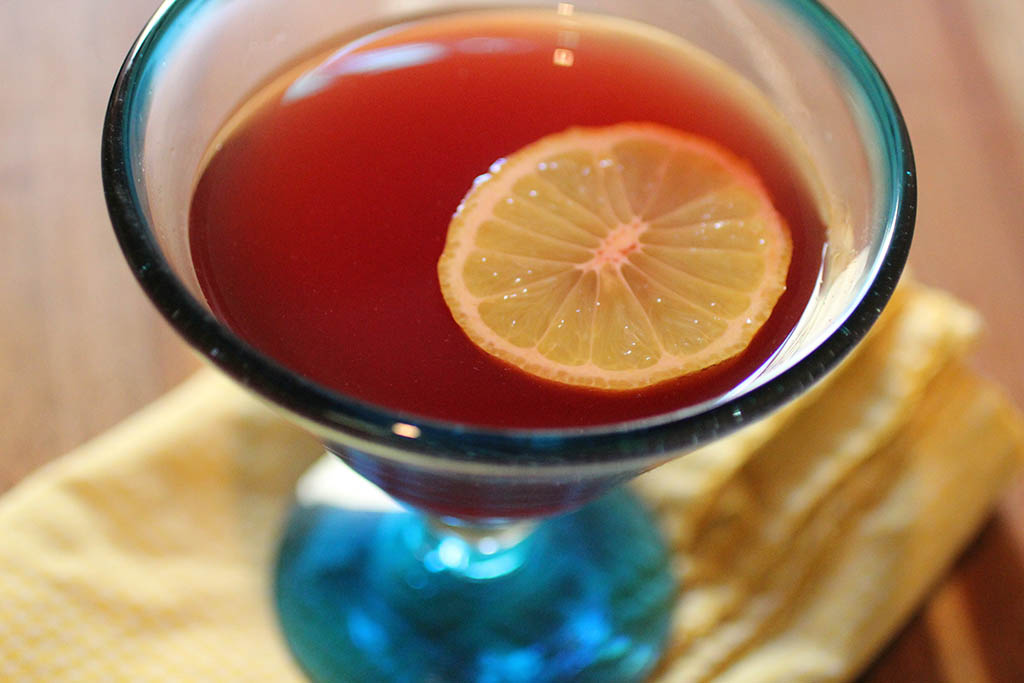
Cultured cosmo
Get your dose of two types of probiotics in this delicious cocktail! Veggie probiotics and water kefir, too!
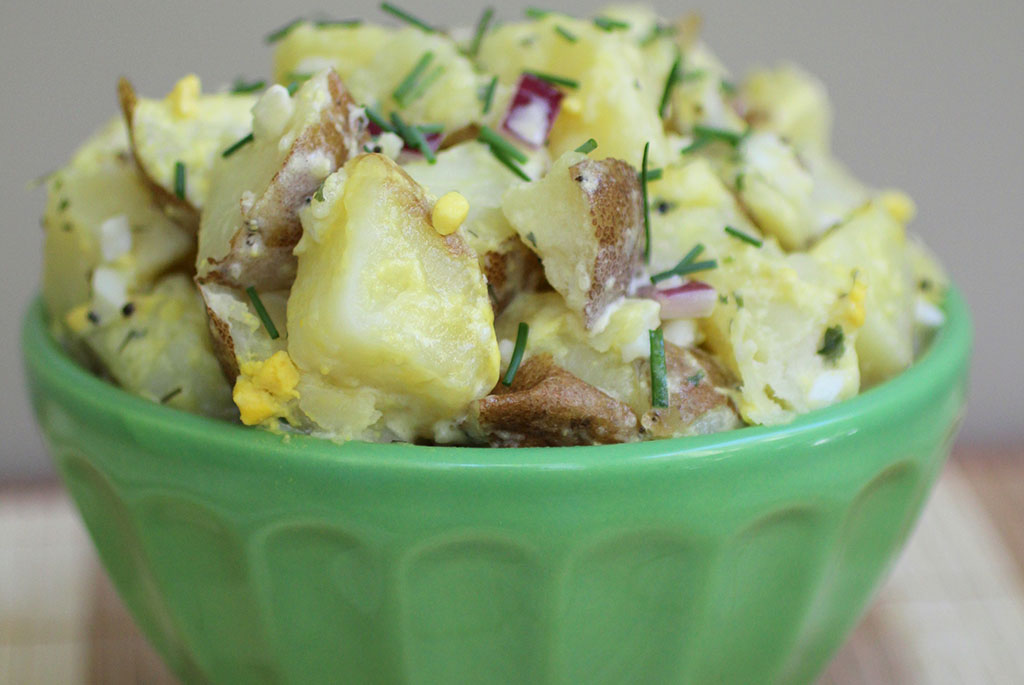
Cultured potato salad
In addition to the probiotics in the fermented veggies, I have a great kombucha mayo that works great in this potato salad.
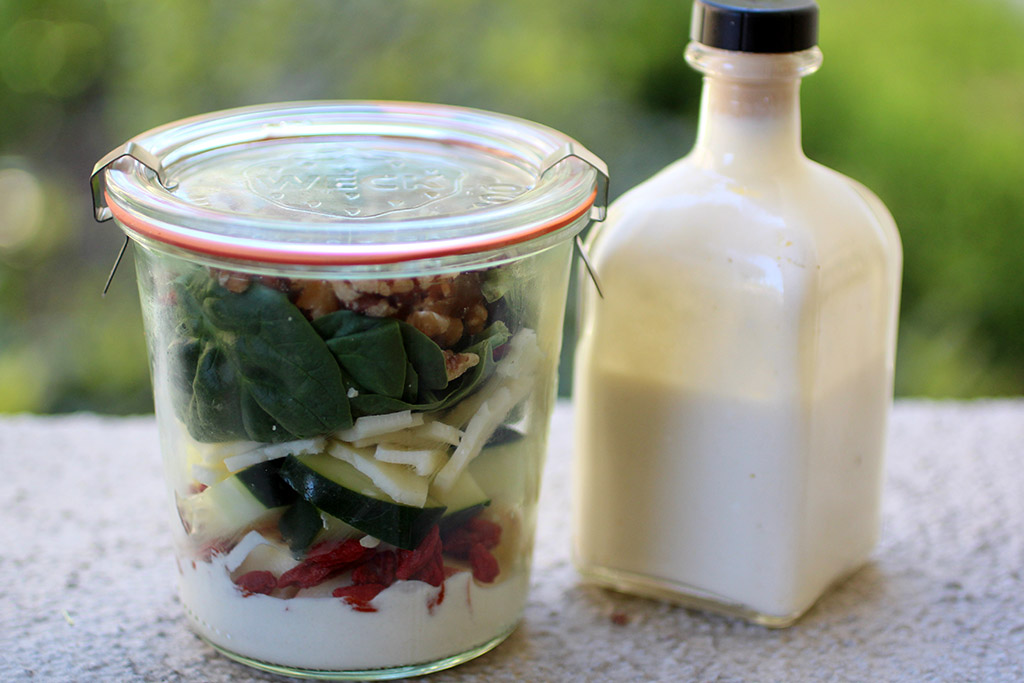
Use some juice in salad dressing!
Add a spoonful of cultured veggie juice to your salad dressings to give them a probiotic boost and to keep them preserved longer.
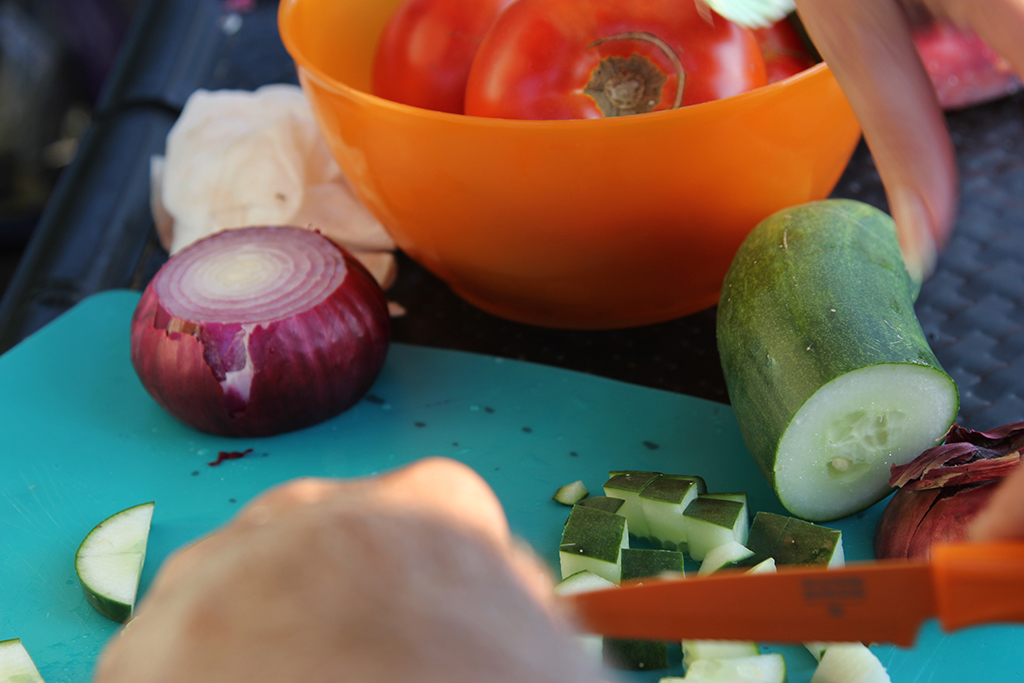
Marinate some veggies!
Toss some cooked or fresh veggies in a few spoonfuls of cultured veggie juice to keep them fresh and add probiotics.
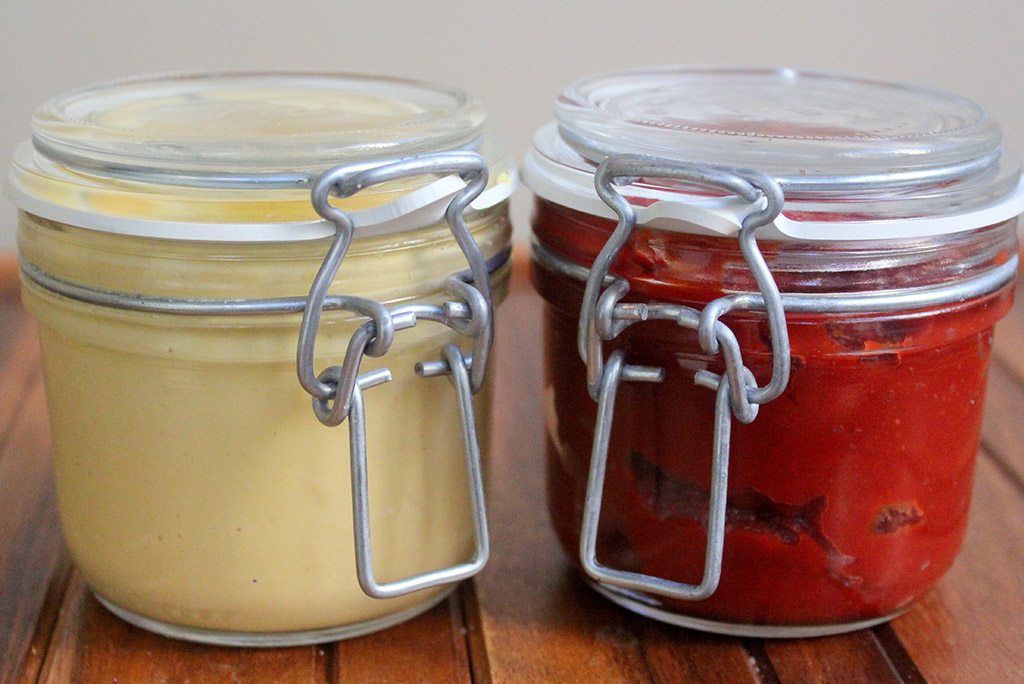
Add to ketchup or mustard
If you don't want to make your own cultured ketchup, add a spoonful to your store-bought ketchup. A little goes a long way and more is less since bacteria like room to grow and will be undetectable to picky eaters.
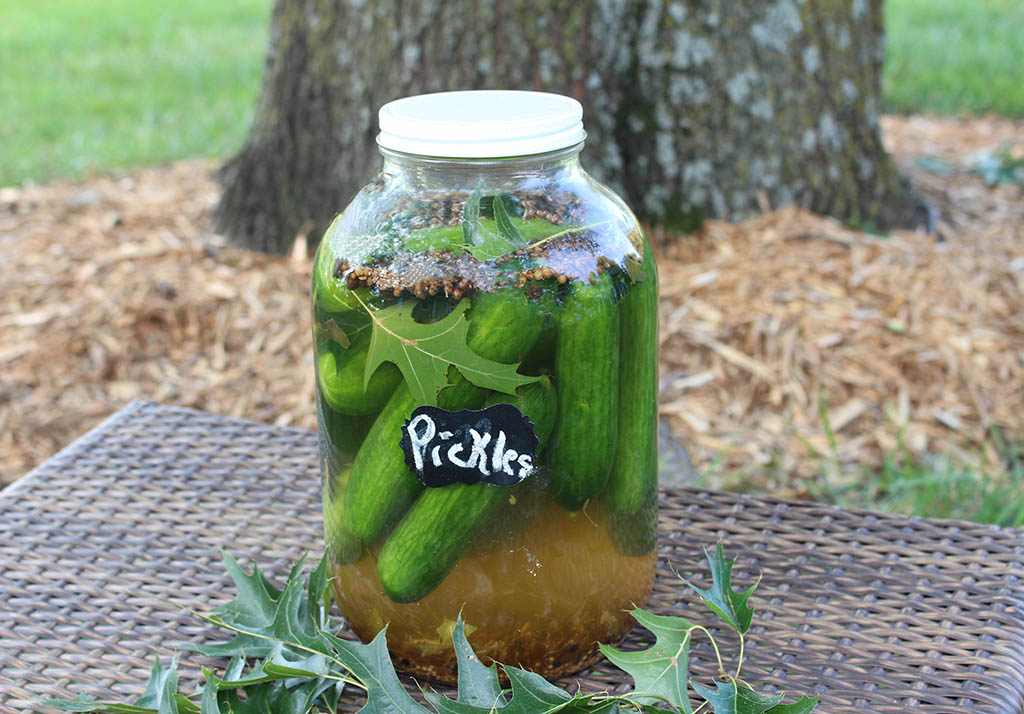
Drink pickle juice for rehydration
After a workout or excessive sweating, pickle juice is all the rage among athletes these days – I see many of them on TV in their dugouts drinking pickle juice. They swear by it as it helps to rebuild electrolytes post workout. Pickle brine has been shown to reduce muscle cramping and also prevent it if they hydrate with pickle juice before a workout - and veggie juice from other veggies works just as well.11

Stomach distress or food poisoning
If you are in any kind of stomach distress, a few spoonfuls of the juice will fix you fast. Diarrhea and vomiting stop quickly. It's crazy wonderful food-medicine.
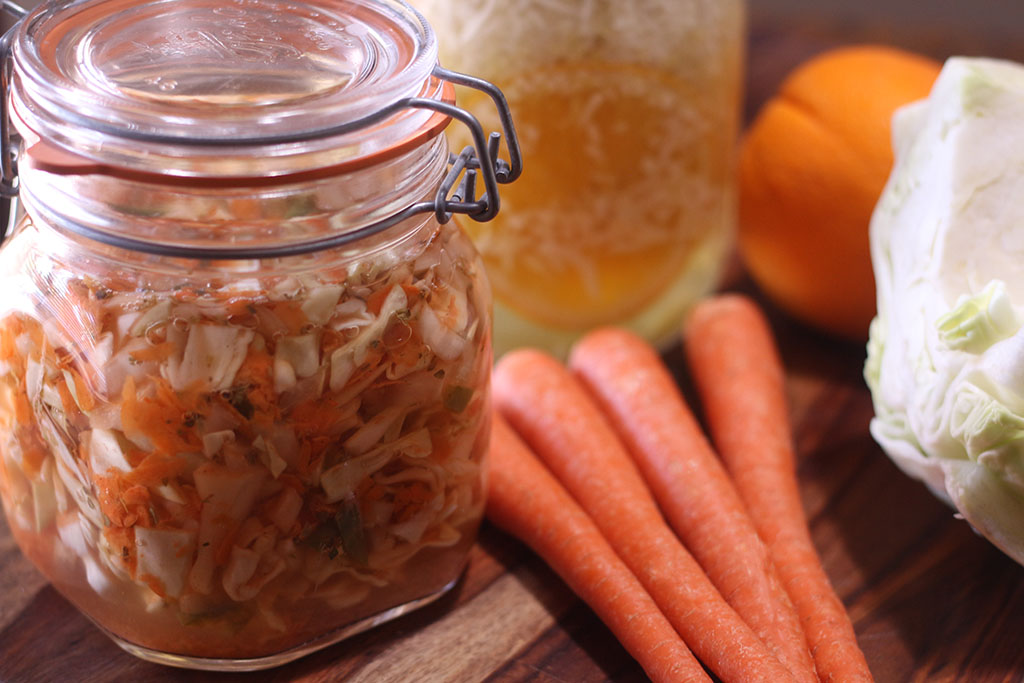
Allergies
Be it food or seasonal allergies, you can benefit greatly from cultured vegetable juice. Huge amounts of vitamin C in these vegetables work wonders to strengthen your immune system and help combat food allergies and hay fever too!
References:
- https://www.ncbi.nlm.nih.gov/pubmed/11711768
- http://www.candidalibrary.org/cand_lib/article.php?id=098
- http://www.probiotic.org/lactobacillus-plantarum.htm
- http://www.ncbi.nlm.nih.gov/pubmed/23498020
- https://www.ncbi.nlm.nih.gov/pubmed/25305660
- http://www.sciencedirect.com/science/article/pii/S0956713507001703
- http://agris.fao.org/agris-search/search.do?recordID=KR2010002575
- https://www.psychologytoday.com/blog/the-integrationist/201605/socially-anxious-eating-probiotic-rich-foods-can-help
- http://articles.mercola.com/sites/articles/archive/2011/07/16/this-food-helps-you-to-detox-pesticides.aspx
- http://www.greenmedinfo.com/blog/nasty-pesticide-wheat-degraded-probiotic-used-culturing-food-1
- Miller, K et al., (2010) Reflex Inhibition of Electrically Induced Muscle Cramps in Hypohydrated Humans. Medicine & Science in Sports & Exercise. 42 (5), 953-961.
Listen To My Podcast
Cultured vegetables are super powerful, but so is the brine they are made in. The powerful bacteria in cultured vegetables called Lactobacillus plantarum (L. plantarum) is a powerful weapon against pathogens that can invade your body and try to make you their host. Check Out 10 Ways and Reasons to use your veggie brine.
Are you on the list?
Sign up today and I'll send you my free Getting Started Guide!
Each week I'll send you updates, tips, recipes, and more! You might even be a winner of my weekly giveaway! (starter cultures, memberships, and more!)
Come be a part of my cultured food family!


